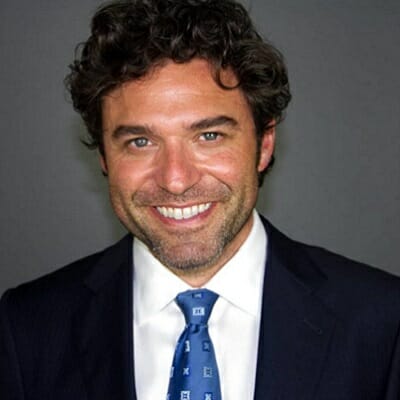

Almost three in four Americans say they believe Social Security would have to be in immediate crisis and about to become insolvent before Congress attempted to fix the program. That’s according to an online survey of more than 2,000 U.S. adults conducted earlier this month by the Harris Poll, on behalf of retirement insurance firm PlanGap.
The survey found that Americans aged 35 to 44 or 65 and over are particularly pessimistic, with almost 80% agreeing that Social Security would need to be in crisis before a fix is attempted by Congress. In addition, more than half of Americans (51%) do not believe Congress wants to fix Social Security. This negative outlook is especially prevalent among those nearing retirement age. A full 60% of those aged 55 to 64 do not believe Congress wants to fix Social Security.
“By an overwhelming majority, Americans agree that the single most important source of retirement income for millions of their fellow citizens will basically have to be insolvent before an effort is made to solve this inevitable problem,” said David Duley, founder and CEO of PlanGap. “Nobody knows whether the solution will include benefit cuts when the crisis arrives, which is why people need to start planning now.”
Seventy-three percent also said they believe Congress’s retirement benefits should be suspended until Social Security is fixed. Among those aged 45 to 54, more than three-fourths (78%) think that until Social Security is fixed, Congress’s retirement benefits should be suspended.
If Social Security does experience a crisis, Duley says the solution for future retirees may involve a potential retirement age increase, which could affect everyone or a segment of younger workers. Another option might be to further tax the wealthy, though he told the McKnight’s Business Daily that there’s really not enough of them to add a tremendous amount of solvency to the trust fund.
In the end, Duley noted that there is a very real possibility for immediate benefit cuts as the trust fund runs out.
“As difficult decisions continue for entitlement reform, it is most likely political courage will be absent and lead to a sudden reduction — similar to witnessing federal parks close overnight because of a government shutdown,” Duley said. “Many Americans sense we cannot print money forever to solve our problems. As such, they fear their retirement futures will be on the chopping block when it’s time for tough fiscal decisions.”


